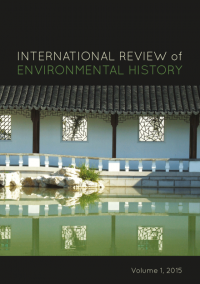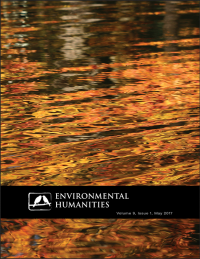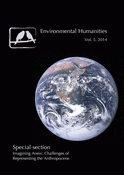"Ecologists, Environmentalists, Experts, and the Invasion of the 'Second Greatest Threat'"
The author argues that the uncritical acceptance of the idea “invasions” of introduced organisms are the “second greatest threat” to species extinction exemplifies confirmation bias in scientific advocacy.






